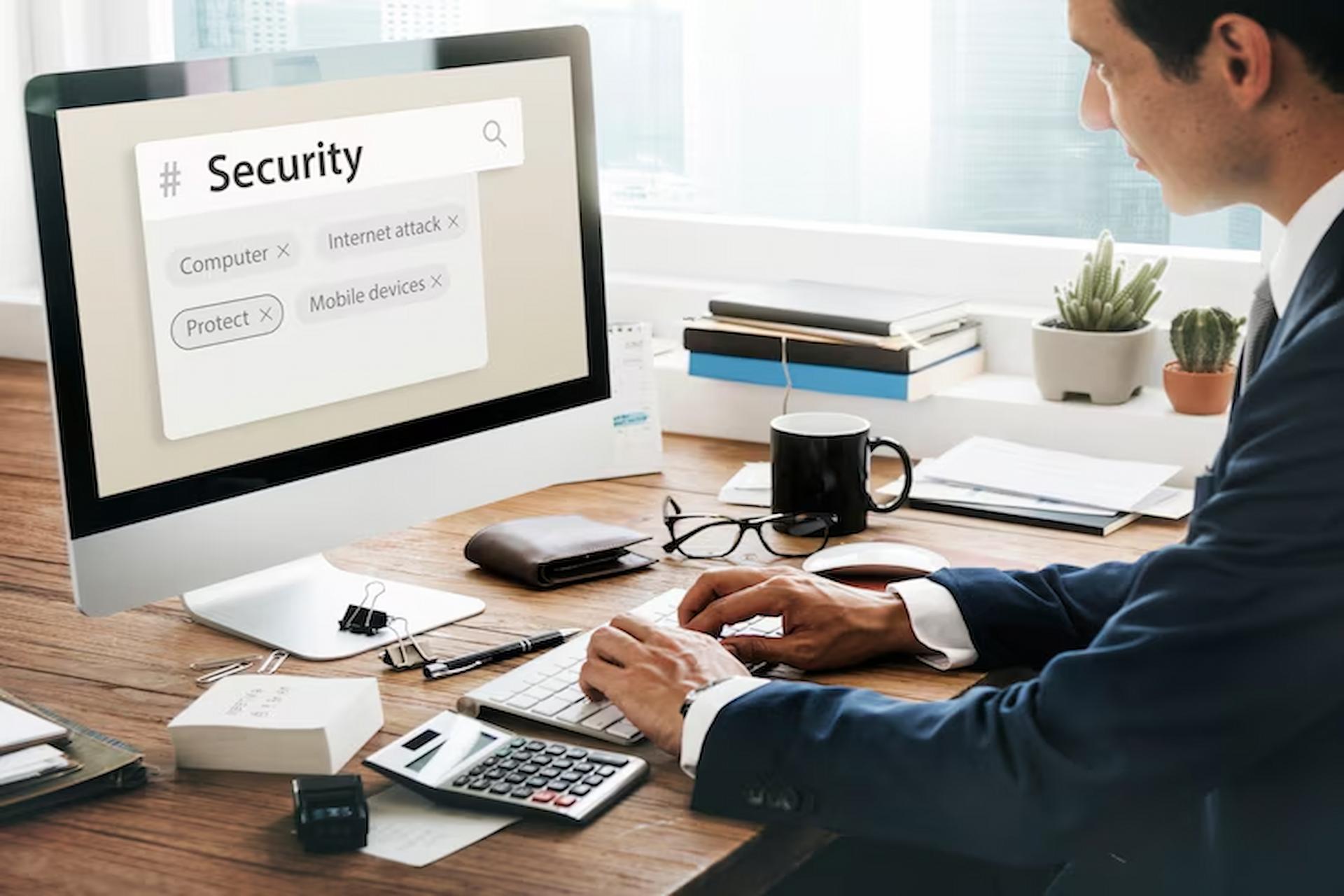How many times do you really think about the IP address, about the last string of numbers when you had a glimpse of it, probably never much. However, this modest string plays a very central role in determining how you’ll experience the Internet and how privacy will or won’t get compromised. Whether you shop on the Internet stream your show, or browse always, it goes on in the background, connecting your digital world. But here’s the catch: it can also expose sensitive information about you.
What Is an IP Address and Why Is It Important?
This kind of acts like a unique address assigned to the device when the internet is accessed. Think of it as the digital home address: when one sends data, the websites, applications, and online services understand where to send it. If you’re wondering, what is this IP address?—it’s essentially your device’s identifier in the vast network of the internet.
Types of IP Addresses
- IPv4 (Internet Protocol Version 4) – The old traditional one, like “192.168.1.1,” is used by most gadgets.
- IPv6 (Internet Protocol Version 6): The latest version and most complex one, which can handle numerous users and internet-connected devices.
Of course, the above-mentioned are the foundation of how the internet functions, yet these also raise massive implications concerning privacy.
How IP Addresses Impacts Online Privacy
Your IP address says more than you think. It can reveal the following:
- Where you are located: Websites and apps can approximate your location from your IP.
- Your Internet Service Provider: It reveals the company that gives you access to the Internet.
- How you browse: Advertisers and trackers use your IP to create profiles about your online behaviors.
For example, have you ever wondered why it seems that advertisements “track you” on the web? Well, that’s mainly due to your IP address.
Dangers of an Unsecured IP Address
The following dangers pertain to your IP address:
- Targeted Cyberattacks: Hackers can use your IP to access your device or network.
- Invasive Tracking: Companies can track your activity for targeted ads, often crossing the line into surveillance.
- Identity Exposure: Your IP and other data can reveal personal information about you.
Actual Example:
As recently as 2021, several multinationals faced a massive scandal over collecting location data based on IP without permission from users. This caused gigantic privacy issues.
Why Your IP Address Needs to Be Kept Private
Not only for geeks, keeping your IP address private is the need of the hour for all Internet users. Here’s why:
- Be Anonymous: A masked IP stops websites and third parties from tracking your activities.
- Secure: Protecting your IP will lessen the chance that someone unauthorized can gain access to or hack it.
It blocks the exploitation of your data and also limits the amount of information that an advertiser may be able to pull from you.
Practical Tips on How to Protect Your IP Address
Not everyone wants to be some kind of cybersecurity guru. In the simplest form, your IP address isn’t all that hard to protect. Here’s how:
-
Use a VPN
A virtual private network uses a security tips server through which the net traffic passes to keep the actual IP address completely hidden from people.
Recommended provider: NordVPN, ExpressVPN, ProtonVPN.
-
Enable a Firewall on a Device
They sit between your machine and the danger outside and provide a layer of protection.
-
Avoid Public Wi-Fi
Public places are cyber thief havens. If you cannot avoid connecting, use a VPN to secure the IP.
-
Router Settings to Update
They change the router password that is the default set and update to WPA3 encryption making browsing even safer.
-
Update Often Your IP
The web-based tools like “WhatIsMyIP” inform you about whether your IP was compromised or not.
Myth: My IP is Safe While in Incognito Mode
Reality: Incognito mode prevents a browser from recording history, but it does not hide your IP.
Myth: Only Nerds Need IP Protection
Reality: Everyone would like to have IP privacy today, especially with the high surveillance rates.
With every advancement of the internet, there are problems related to IP addresses. IPv6 is an attempt to improve scalability and create new vulnerabilities. Better standards and safeguards for privacy can be achieved through collaboration among governments, corporations, and individuals.
Important Points to Remember
- Your IP address leads to your digital life.
- Protecting it is essential to keep your privacy and security safe.
- Some of the tools are used to protect your IP, such as VPNs, firewalls, and secure networks.
Conclusion: Take Control of Your Online Privacy
Your IP address in this digital age is crucial beyond just technical details. It is one of the integral parts of your online identity. With the knowledge of its importance and its safety measures, you can appreciably enhance your privacy and security.
What can you do now? Start following these tips right away to secure your online presence. Your online privacy is worth it!

